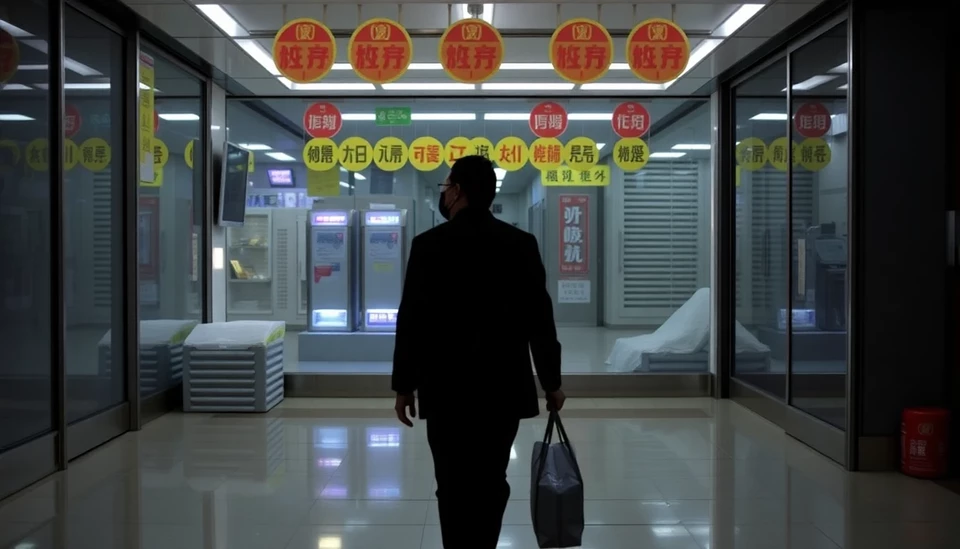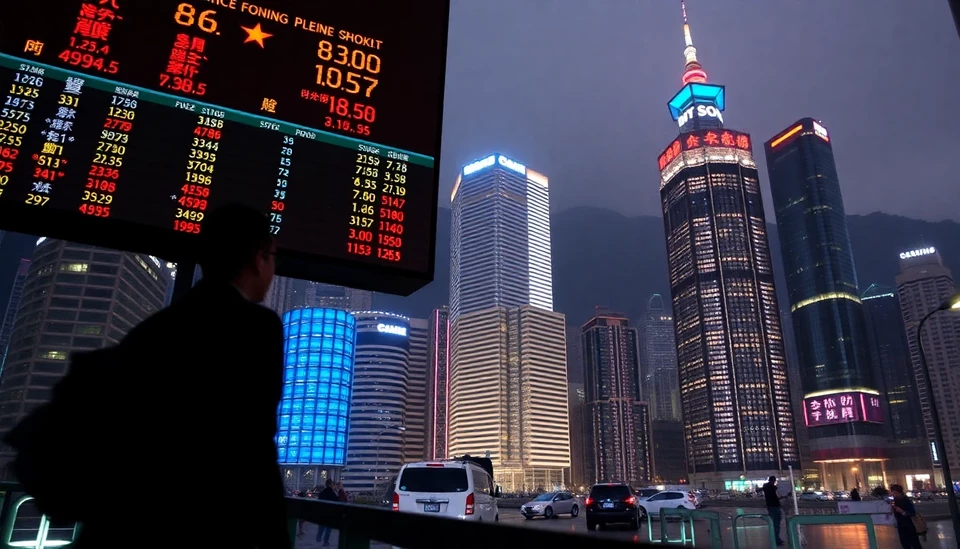
In recent developments within Hong Kong's fertility landscape, new regulations surrounding in vitro fertilization (IVF) have ignited a surge in demand that is pushing many prospective parents towards the black market for eggs and embryos. The tightened laws, along with an increasing number of couples seeking assistance due to delayed childbearing, have resulted in a chaotic scramble for viable reproductive options.
The newly imposed restrictions dictate more stringent protocols around the sourcing and storing of reproductive cells, which has inadvertently limited the availability of legally obtained eggs and embryos. As a consequence, individuals desperate to conceive have turned to informal networks and underground markets offering these services—often at significantly inflated prices. This shadowy trade not only raises ethical concerns but also poses significant health risks due to the lack of regulation and oversight.
A growing number of fertility clinics are reporting a sharp increase in inquiries related to egg and embryo donation, as hopeful parents seek alternatives that aren’t constrained by the stringent legal framework. Many are willing to pay thousands of dollars to secure these services, further incentivizing individuals to engage in the risky business of selling their eggs or embryos on the black market.
Experts in reproductive health are raising alarms about the long-term implications of this trend. Patients opting for informal arrangements often lack critical information about the medical history of their donors, which can lead to potential genetic complications for the children conceived through such means. Furthermore, the absence of regulatory standards in black market transactions can result in serious health risks for both the donor and the recipient.
To mitigate this black market threat, some advocates are calling for a reevaluation of the existing fertility laws in Hong Kong. Citing the need for a system that better matches the evolving needs of families, they argue for policies that could facilitate safer, regulated access to fertilization services. As the conversation around fertility rights continues to grow, stakeholders are urged to engage in collaborative reforms that prioritize both safety and accessibility.
In the meantime, the challenge remains for expectant parents in Hong Kong, who are left navigating a morally complex landscape in their quest for a family. The urgency illustrated by their stories brings to light the necessity for better-supported reproductive health frameworks in the region.
As the black market for fertility services expands, it is essential for policymakers to address these issues head-on, ensuring that desperate individuals do not have to risk their health, ethics, or finances in pursuit of parenthood.
With the current situation constantly evolving, the future of fertility treatment in Hong Kong remains uncertain, but one thing is clear: the demand for eggs and embryos is omnipresent, and the underground solutions are rapidly growing in popularity.
#HongKong #Fertility #IVF #BlackMarket #EggDonation #EmbryoDonation #ReproductiveHealth #FamilyPlanning
Author: Rachel Greene




